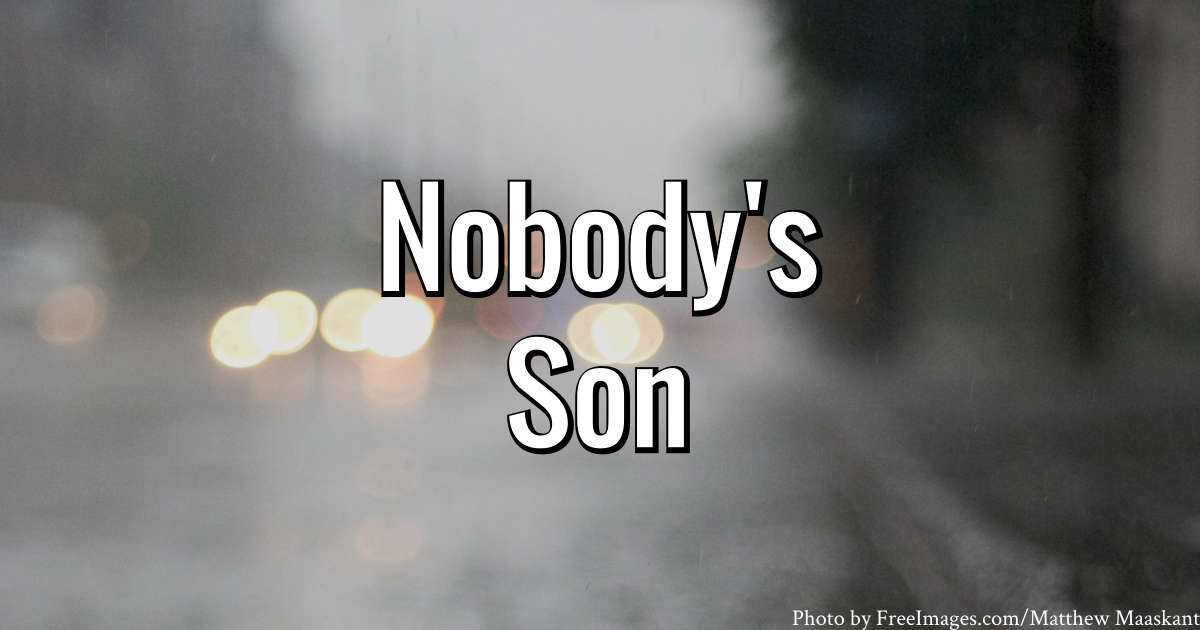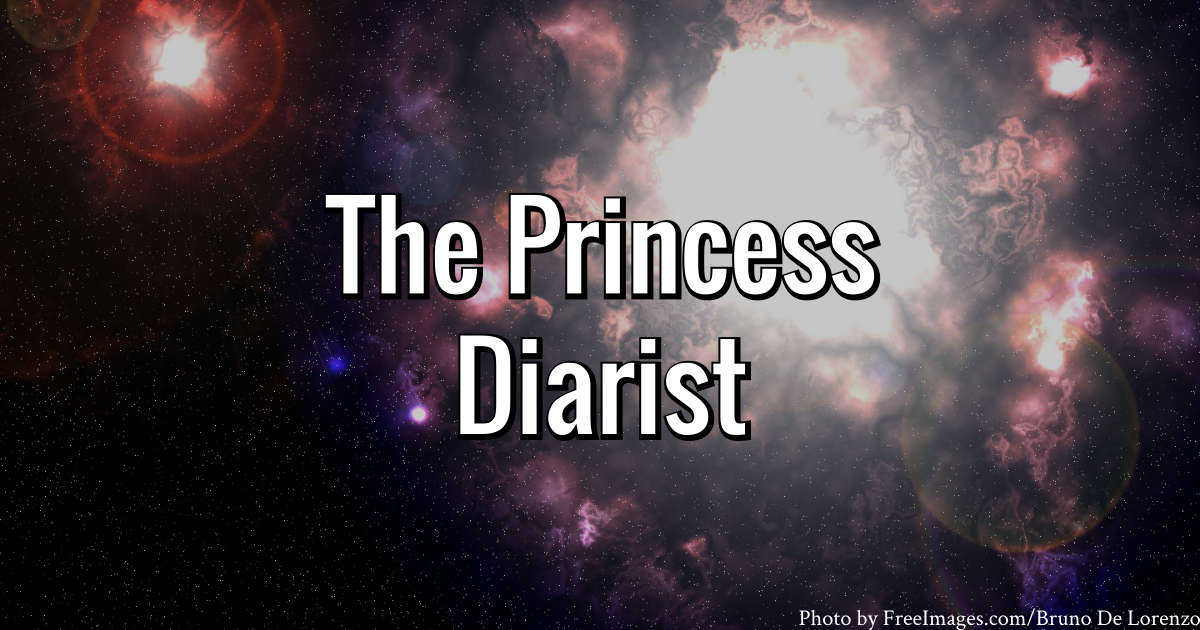I am a participant in the Amazon Services LLC Associates Program, an affiliate advertising program designed to provide a means for me to earn fees by linking to Amazon.com and affiliated sites.
Nobody’s Son by Mark Slouka was an interesting story written in an uninteresting way. Slouka’s writing style felt forced and awkward, but the compelling nature of his story may have redeemed his style.

Mark Slouka was a novelist. After the loss of his father and the impending death of his mother, he decided to reflect upon his upbringing and his mother’s decent into mental illness and addiction. Despite some problems between his parents and his mother’s depression, Slouka’s childhood was otherwise happy. As he grew into a teenager, his mother’s illness grew more pronounced. He argued with her about her delusions that he was trying to hurt her. On stormy day during their trip across Europe, they spent hours pulled over on the side of the road arguing. Slouka’s mother, as she often did, insisted that he was trying to harm her and that he was evil.
After college, Slouka married. His mother’s mental illness worsened. He discovered that she had an addiction to prescription medication. His parents separated, and after years apart his father died. Slouka went on to be a novelist. In his writing, he modeled characters after his mother and the pain he felt because of her illness. They had periods of estrangement, but he made a point to visit her shortly before she died. During the writing of Nobody’s Son, Slouka’s mother passed away.
Slouka’s writing style left a lot to be desired.
The biggest complaint I had with Slouka’s writing style was that it felt like he was trying too hard to be great. He spent an excessive amount of time saying things along the lines of, “I’m writing a memoir, and when you write memoirs, you feel things.” I generally do not mind some reflecting on the process of writing the memoir itself, but there was so much writing about the process of writing the memoir that it almost felt like it was a memoir about the time he wrote a memoir.
In addition to his excessive musing, I felt like his lack of chronology and the way he formatted his book made the plot less clear. He wrote in a way that was vague, and he often jumped between different periods of time. While jumping between timelines can often be done well, I felt like it was done in a very confusing way in Slouka’s memoir.
Slouka writes honestly about the struggles of having a mentally ill parent.
Having a parent with a serious mental illness is difficult. Despite my dislike for a lot of things in his writing, I found myself crying throughout the second half of the book. While his mother’s mental illness is different in many ways from my father’s bipolar disorder, being the child of a parent with a mental illness is a unique experience. The usual “parent-child” relationship does not apply.
He writes about his frustration and his anger.
When Slouka’s mother started having delusions, he did not understand what was happening. His father chose to ignore and support her delusions, rather than argue about them. Frustrated that his parents were denying that events that happened minutes before had actually happened, Slouka would argue with them. His mother would make him feel crazy, then call him evil when he did not support her version of reality. So frustrated and angry about his relationship with his mother, he had written about her death in novels and short stories.
“I need to acknowledge that you don’t imagine your mother’s death, even in a novel, without there maybe, just maybe, being some issues to think about.”
Mark Slouka
I’ve spent plenty of time frustrated and angry with my father. I have been frustrated with his antics when he’s been off of his medication and having manic delusions. Instead of just being frustrated, I’ve spent years angry at him when he’s turned to drugs to self-medicate his bipolar disorder. It’s so easy to be angry at a mentally ill parent when their actions so directly impact you. It is also easy to be angry when you know that they are doing things that are hurting themselves.
He writes about his guilt.
Slouka carried guilt over his mother’s illness. He felt responsible for some parts of if, primarily because he sometimes felt like he should have done more to help her. She often called him evil when she was having her delusions. I can imagine that this only added to the guilt he felt over being unable to help her.
“I want to know why I couldn’t save us, thought what I really want, I think, is absolution, the beginning of this sentence with the word “why” removed like a long thorn: I want to know I couldn’t save us.“
Mark Slouka
What child doesn’t want to save his or her parents from what is wrong with them, regardless of what they have done? Before my dad got really sick, he used to drink a lot. I thought that alcoholism was the worst thing in the world (and it’s pretty darn bad). Some nights he would get mad at me and yell, “You drive me to drinking!” and get a beer. For the longest time, I thought it was true. Then I figured out that he was drinking whether or not he was angry with me. When he began using drugs and having problems with his mental health, I carried a lot of guilt. Even thought I knew (logically) that I didn’t “drive” him to do anything, there was always that part of me that wondered if there was anything I could have done.
He writes about loving his mother despite it all.
Slouka loved his mother. He knew that she couldn’t help her mental illness. And even though she had an addiction to prescription medication because of her mental illness, he still loved her. He loved her smile and her laugh. He loved the way she told him stories when he was young. She taught him so many things. And despite the damage she did later on, he loved the woman she was beyond her illness.
“I don’t know that she had a choice. And all I can be is sorry for it. And let her go.”
Mark Slouka
When my father is in his right mind, he is the most generous person I know. He’s funny. If he’s around a group of people, he’s the center of attention and will do anything to make everyone laugh. So many of my good qualities came from him. Whether or not he comes to terms with his illness and his addictions, I love him. He’s my dad. And I know there’s so much good in him. His illnesses just make it hard for some people to see that.
Quick Review:
Nobody’s Son had a powerful story. Slouka’s expression of what it is like to be the child of a mentally ill parent was what made this book worth reading. However, his writing style and the lack of chronology left a lot to be desired. He spent a lot of the book musing about how it felt to be writing his memoir, which felt unneeded and obnoxious. In a way, it felt as if he was trying to sound like a better and more philosophical writer than he was. It is unfortunate that such a great and powerful story may be obscured by these quirks in his writing.













